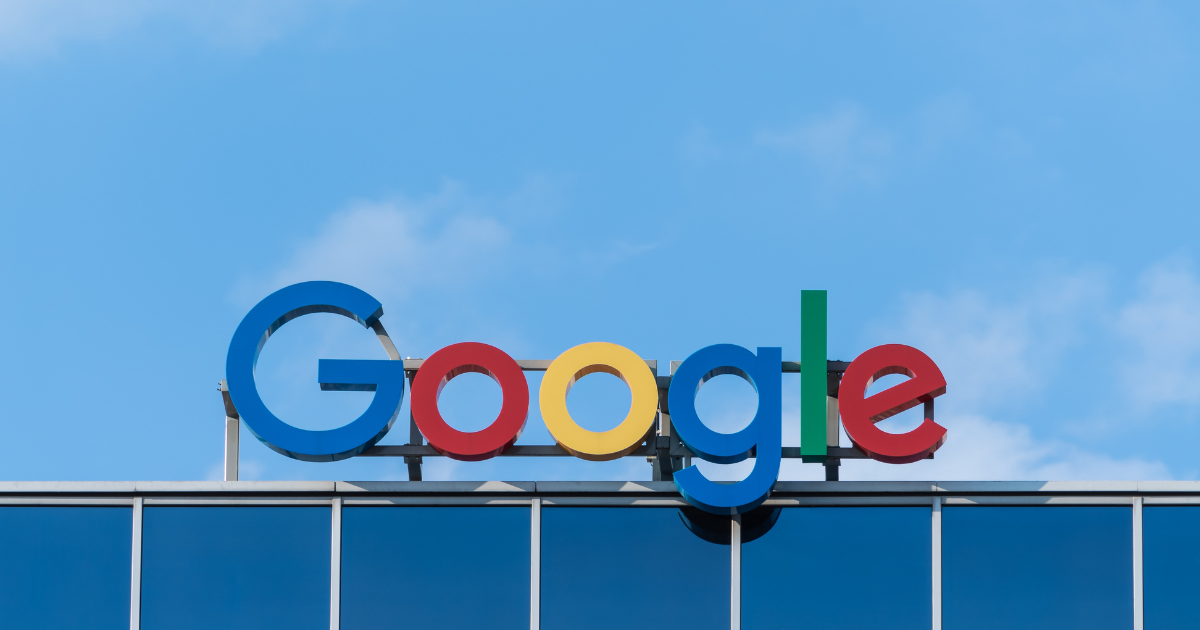
Photo by Pawel Czerwinski on Unsplash
Wiz Rejects Historic Bid From Google
July 23, 2024
Recently, Google pursued its largest-ever acquisition by negotiating to buy cybersecurity startup Wiz for around $23 billion. Wiz, founded in 2020, specializes in securing cloud environments across different platforms like AWS and Azure.
The potential deal aimed to strengthen Google Cloud’s offerings and expand its reach beyond advertising revenue, which has dominated its income. Earlier this year, Wiz raised $1 billion in funding and had been actively expanding its operations from New York to several other U.S. cities and internationally in Tel Aviv.
Following Google’s bid to buy the tech company, Israeli cybersecurity firm Wiz rejected the acquisition offer from Google’s parent company Alphabet. With this monumental decision from Wiz, this proposed deal achieved two milestones in history. First, it became the largest bid proposed by Google, and second, it became the largest bid by Google to be firmly rejected.
The CEO of Wiz, Assaf Rappaport, shared details of his decision through an internal memo. In it, Rappaport expressed his gratitude for Google’s interest but went on to confirm his decision as well as the company’s goal to instead achieve $1 billion in revenue independently before starting to sell shares publicly.
Per the BBC, a source familiar with the deal said that the offer was “very tempting.” However, the company “believed it was big enough to go it alone and attempt to become the biggest cyber-security company in the world.”
Moreover, Google has decided to abandon its plans to eliminate and replace third-party cookies in its Chrome browser. Initially scheduled for early 2022, this move aimed to address privacy concerns while allowing advertisers to track users for targeted ads. Instead, Google will introduce a new browsing experience in Chrome that gives users informed choices about their data privacy settings. This decision follows industry feedback and concerns about its impact on advertisers and publishers. Despite proposing alternatives like “Federated Learning of Cohorts” (FLoC), Google faced criticisms and opted to engage regulators and the industry in discussions about the new approach.
Recent News
Delta Seeks Outage Damages From Microsoft, CrowdStrike
The airline plans to sue both Microsoft and CrowdStrike for damages.
Sprouts Shares Positive Q2 Financial Results
Sprouts Farmers Market, Inc. reported robust second-quarter results ending on June 30, 2024.
Johnnie Walker Maker, Diageo, Posts Largest Sales Drop Since the Pandemic
As inflation and high interest rates force many to find ways to cut spending, it appears alcohol is also losing its buzz.
IKEA Focuses on Sleepeasy With New Pop-Up Event
IKEA U.S. is making new strides in the furniture retail market by launching The IKEA Sleepeasy, an immersive pop-up event that will take place in New York in August.
